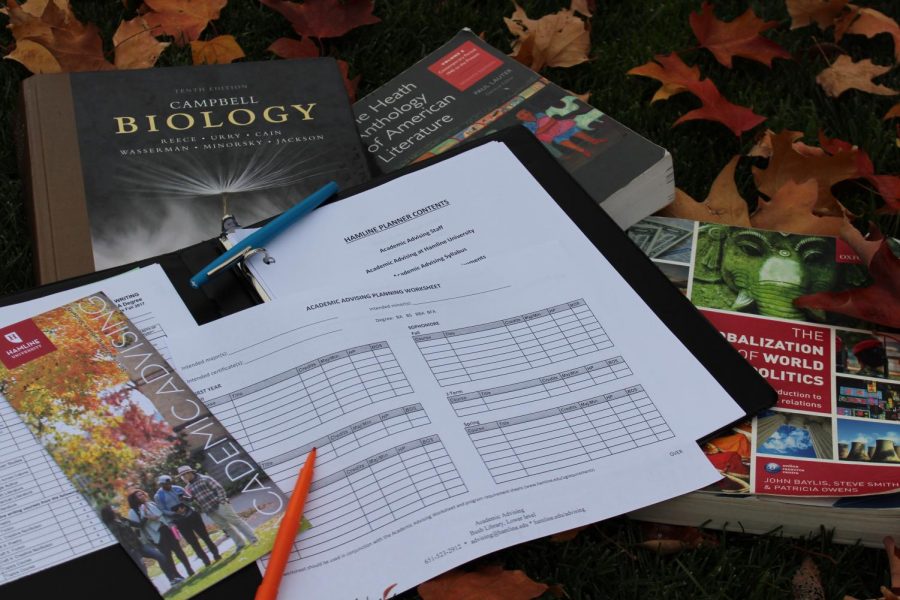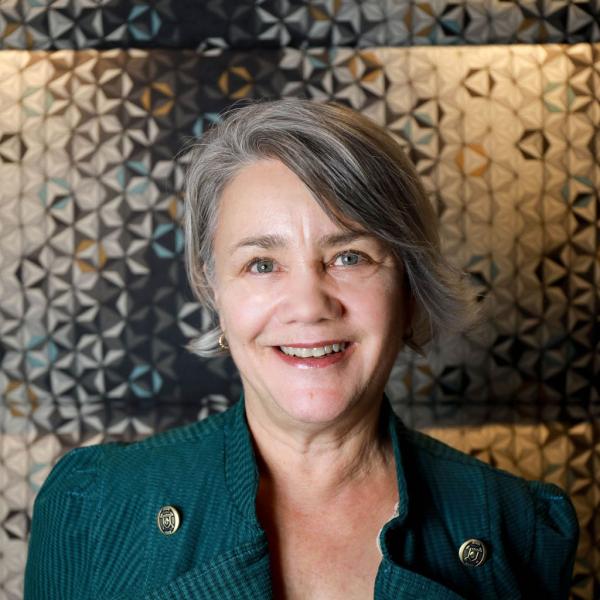Advising days are here again
Maneuvering the stressful process of what classes are worthy of your tuition dollars.
As the chill in the air becomes less bearable, other big changes are happening on campus. The Class of 2021 is entering their first round of advising meetings to aid them in course selection for the Spring 2018 semester.
For some students, this is a less laborious task because they know what they want to major in. For others, the scope of fields to study in is extensive and intimidating. Hence the advising process, geared to helping first-years and upperclassmen alike in navigating the course selection process.
“The best you can do is get into that office, get that academic advising going as early as you possibly can, and go in often. These are the people that are the most connected to everything on campus,” sophomore Michael Reinhardt said.
Reinhardt, who has yet to declare a major, expressed how he still found his FYSem professor useful as his academic advisor due to the connections he had.
“By nature of being a smaller campus… [my adviser is] really knowledgeable even though he’s not advising in the field I’m interested in,” Reinhardt said.
Another upperclassman who still utilizes her FYSEM professor as her major adviser is junior Anya O’Connor. As a double major in Philosophy and Psychology, she gave advice on how to choose a major professor.
“Take a lot of classes with different professors in the major you’re interested in. Whoever it is you like the best, as long as they seem reliable, pick them,” O’Connor said.
Natalie Crepeau, a sophomore, also kept her FYSem adviser as her major adviser.
“Choose a professor you have a strong connection with, they can help you with other things too,” Crepeau said.
Professor Mark Olson of the English department echoed the idea of help beyond the classroom, no matter if he’s working with a student who has declared a major or one who has not.
“Both kinds of advising are conversations about goals for education at Hamline, and how to get there, and goals for after Hamline, and how to get there,” Olson said.
Professor William Wallace, Chair of the Theatre Arts department, currently acts as both a FYSem adviser and a major adviser. When asked about how he interacts with the first-years he advises, he explained he had two different strategies based on whether the student has an intended major or not.
“[If they’re undecided] we look at where we’re at. We look at if they’ve transferred materials in, where we’re going. I try to find a mix of courses they’re interested in that may be possible directions as well as what can we do to satisfy Hamline Plan requirements,” Wallace said.
Wallace applies a different approach when working with students who have more direction.
“I want to make sure they’re getting some course work in that area so they’re able to really get an assessment of ‘This is different than I thought,’ or ‘This is exactly what I wanted,’” Wallace said.
Hannah Coleman, a sophomore and the New Student Mentor for Professor Wallace’s FYSem, had a piece of advice for first year students.
“Listen to your advisor…they will have lots of good advice on generals you need to take, Hamline Plan you need to get out of the way, and how to find out what major you want to major in,” Coleman said.






